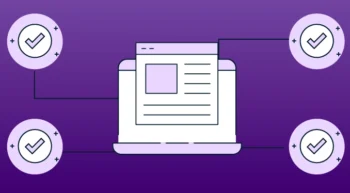BlogCompliance
Unlocking Vendor Assurance: A Deep Dive into CORL Technologies’ Assessment Suite
How each questionnaire type drives sharper risk insights—and why that matters for healthcare. Vendor risk in healthcare isn’t one size fits all. From mission critical SaaS platforms to niche medical[...]
5 Minute Read
Read Unlocking Vendor Assurance: A Deep Dive into CORL Technologies’ Assessment Suite



